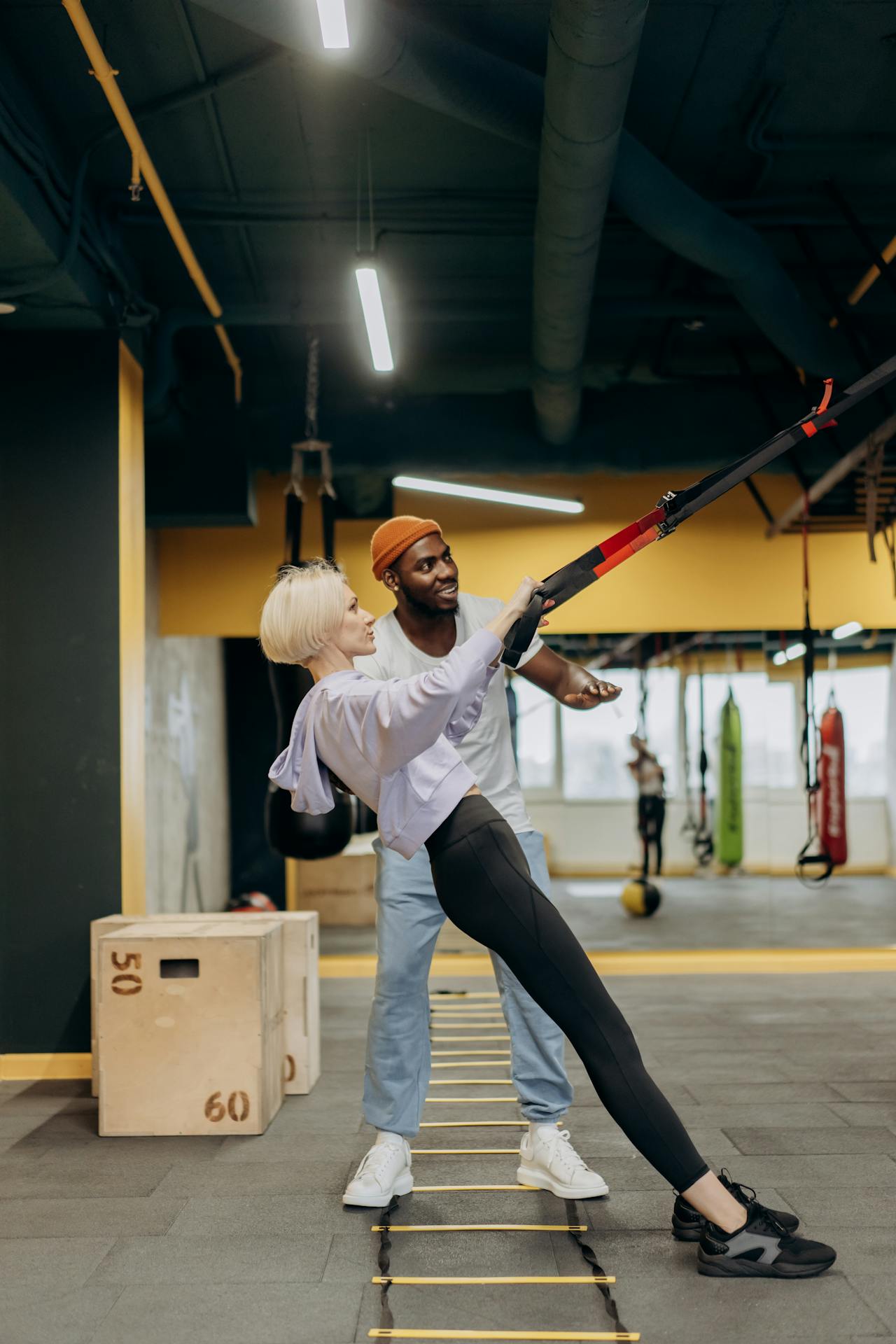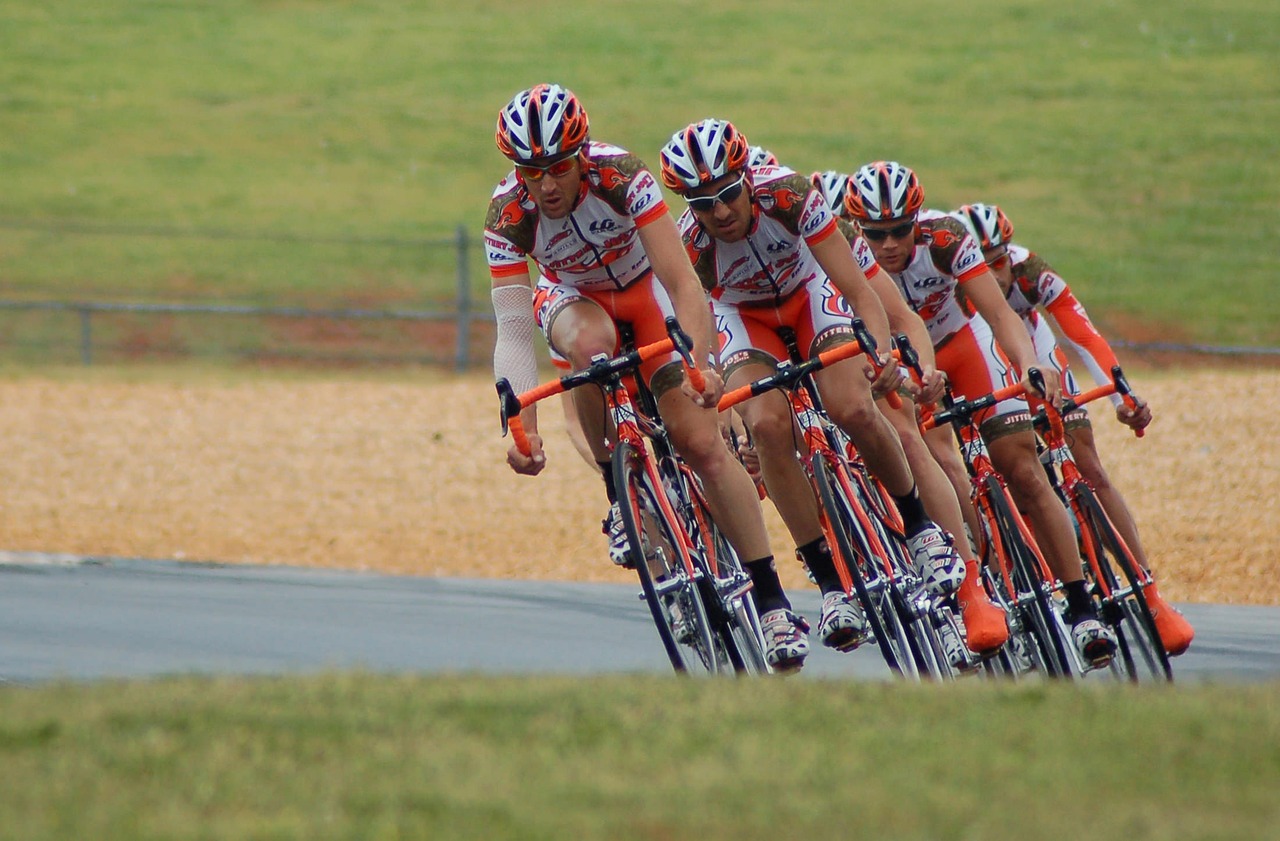Embarking on a fitness journey often leads to a myriad of questions, each more pressing than the last. From deciphering the most efficient exercises to understanding the nuances of working out during a cold, the quest for knowledge is unending. In this article, we delve into some of the most common exercise-related inquiries, providing insights that are both informative and, dare we say, a tad entertaining.
Do Some Exercises Yield Faster Results Than Others?
Ah, the age-old quest for the "magic" exercise that will sculpt the body overnight. While no exercise can promise instant transformation, certain movements do offer more bang for your buck. Compound exercises, which engage multiple muscle groups simultaneously, are the golden ticket. Think of squats, deadlifts, and bench presses; these powerhouses not only build strength but also torch calories efficiently. On the flip side, isolating a single muscle, like the bicep curl, might not provide the same calorie-burning payoff. So, if time is of the essence, focusing on compound movements can be a game-changer.
Is It Advisable to Exercise When Under the Weather?
The sniffles have arrived, and you're contemplating whether to hit the gym or the couch. Conventional wisdom suggests that mild to moderate physical activity is usually acceptable if your symptoms are above the neck, such as a runny nose or sore throat. However, if you're experiencing symptoms below the neck, like chest congestion or an upset stomach, it's best to rest. Pushing through a workout when your body is battling illness can prolong recovery and potentially worsen your condition. Listening to your body and allowing it the rest it needs can lead to a quicker return to full overall health.
Cardio Before or After Weights: What's the Verdict?
The debate rages on: should you lace up for a run before or after pumping iron? The answer largely depends on your fitness goals. If building muscle and strength is your primary objective, it's advisable to tackle weightlifting first. This approach ensures that your energy reserves are at their peak, allowing for optimal performance during resistance training. Conversely, if cardiovascular endurance is your main focus, starting with cardio may be beneficial. Ultimately, aligning your workout order with your goals will yield the best results.
Eating Healthy on a Tight Schedule: Is It Possible?
In today's fast-paced world, finding time to prepare nutritious meals can feel like a Herculean task. However, with a bit of planning, it's entirely feasible. Batch cooking on weekends, opting for simple recipes, and utilizing tools like slow cookers can streamline the process. Incorporating whole foods, such as lean proteins, whole grains, and plenty of fruits and vegetables, ensures you're fueling your body adequately. Remember, it's not about perfection but consistency. Small, sustainable changes can lead to significant health benefits over time.
Staying Active in a Sedentary Job: Tips and Tricks
For those chained to a desk, incorporating movement into the day is crucial. Simple actions like standing during phone calls, taking short walking breaks, or performing desk stretches can counteract the effects of prolonged sitting. Additionally, consider using a standing desk or scheduling regular reminders to move. These small adjustments can improve circulation, reduce muscle stiffness, and boost overall well-being.
Is Exercise Safe During Pregnancy?
Expectant mothers often wonder about the safety of maintaining an exercise routine. Current guidelines from the American College of Obstetricians and Gynecologists affirm that regular physical activity during pregnancy is beneficial for most women. Engaging in moderate-intensity aerobic activity, such as brisk walking or swimming, for at least 150 minutes per week is recommended. However, it's essential to consult with a healthcare provider to tailor an exercise plan that accounts for individual health considerations and any potential contraindications.













